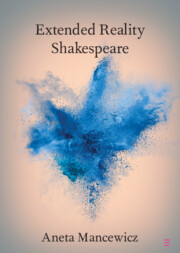On 9 August 2020, Belarus erupted in protest over the falsified election results promoted and endorsed by existing president Aliaksandar Lukashenka. Playwright, director, and member of the Coordination Council for the peaceful transfer of power in Belarus, Andrei Kureichyk was one of the thousands on the streets that month. In early September he finished a new play depicting the events leading up to and surrounding the largest anti-government demonstrations in Belarus’s history. Before going into hiding, Kureichyk sent the play, Insulted. Belarus, to former Russian theatre critic John Freedman for translation. Together, the two men hoped to have a few theatres in various European and North American countries give a reading of the play in solidarity with the people of Belarus. Neither of them expected that, within two months, the play would be translated into eighteen languages and receive over seventy-seven readings on digital platforms. While many companies were eager to add their name to the global ledger of solidarity, the rise of authoritarianism, as well as the renewed reckoning with systemic racism and sexism in many cultures and countries around the world, additionally meant that many theatres found in the play a vehicle to reflect and comment on their own situations. This article, written by one of the initial participants of the project, attempts to chart how the Worldwide Readings of Insulted. Belarus navigated the translation of protest from Belarus to the world. Bryan Brown is Senior Lecturer at the University of Exeter and co-director of visual theatre company ARTEL (American Russian Theatre Ensemble Laboratory) and author of A History of the Theatre Laboratory (Routledge, 2019). He is a member of the editorial board of Theatre Dance and Performance Training, co-editing the special issue ‘Training Places: Dartington College of Arts’ (2018).


